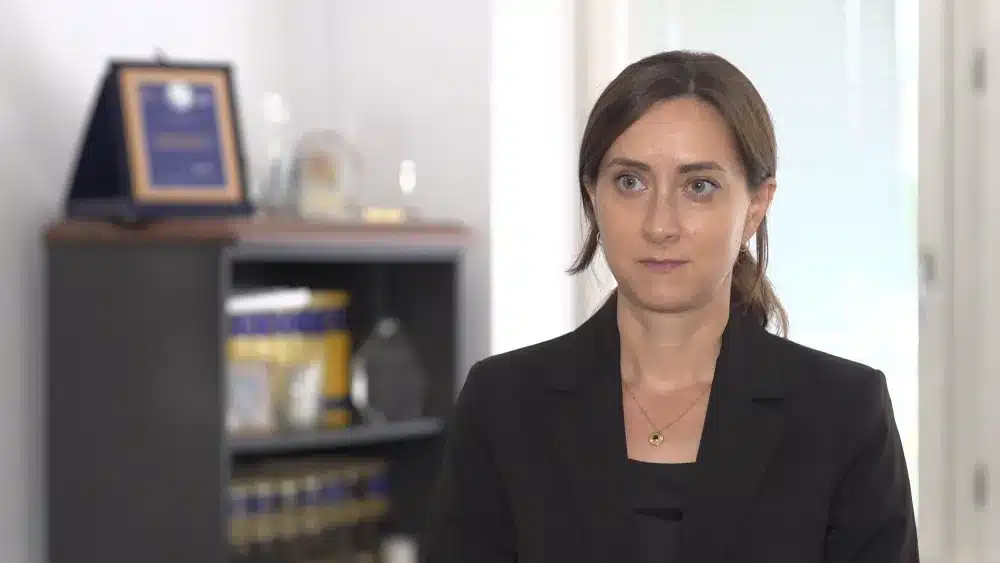Artificial intelligence (AI) can already be the author of stories, songs or articles. However, works created solely by AI are currently not protected by copyright. EU regulation on artificial intelligence does not address these issues related to the use of AI either. Although it is allowed for AI to use copyright-protected materials, the number of related lawsuits is increasing.
As part of its digital strategy, the European Union wants to regulate artificial intelligence (AI) to provide better conditions for the development and use of this technology. AI systems implemented in the EU are expected to be safe, transparent, traceable, non-discriminatory, and eco-friendly. The new regulations suggest that AI systems should be supervised by humans, not automation, to prevent harmful effects. The AI Act regulation establishes obligations for providers and users based on the level of risk associated with AI. Contents generated or modified with artificial intelligence (e.g., images, audio, or video files) must be clearly marked so that users are aware when they encounter such content. However, there are no regulations addressing the growing popularity of works produced by AI.
“The AI Act is currently widely discussed. Creators are certainly wondering how this act will affect their rights. I must disappoint them, as it does not deal at all with copyright regulation, but more with the obligations of AI system users and the creators of these systems,” explains Alicja Rytel, a lawyer at the Patpol Legal law firm, speaking to the Newseria Biznes agency. “The AI Act only imposes one obligation on system model providers, which involves implementing an appropriate copyright protection policy. It is very broadly formulated, and practice will show how it will be implemented.”
Currently, it is permitted to use copyright-protected materials in training AI models. This is due to the right to fair use, which allows the use of copyright-protected materials under certain conditions without the need to obtain the owner’s consent. Generative AI systems, like most other machine learning models, work by identifying and replicating patterns in data. To generate a specific result, the AI must first learn from humans’ work.
The number of lawsuits related to AI’s use of works is gradually increasing worldwide. Getty Images sued Stability AI for copying and processing copyright-protected images, along with related metadata owned by Getty Images, without permission. In 2023, the “New York Times” sued OpenAI and Microsoft for using millions of NYT articles to train AI models. Music publishers, including Universal Music, claim that Anthropic illegally trained their chatbot, Claude AI, on copyright-protected song lyrics. A potentially significant class-action copyright infringement lawsuit against Stability AI and Midjourney, which use Stable Diffusion to generate their images, could impact AI’s future work use. Artists Sarah Andersen, Kelly McKernan, and Karla Ortiz claim that their work was unjustly used to train Stable Diffusion and that the resulting images directly compete with their own work.
“The consent of creators to use their works by AI Act is not required because the AI Act does not regulate it. However, creators, users, and providers of these systems must rely on national laws. One can wonder whether these systems infringe at all. It is also debatable when the infringement occurs, whether at the time of introducing these works into the system for their learning, or only later, when the system produces a work and uses elements of a protected work”, explains Alicja Rytel.
There are already tools that prevent AI from using existing works, such as Glaze software, which changes the pixels in an image so that AI cannot use it. Shutterstock, a photo bank, pays content creators if their work is used to develop generative AI models. Bria, a start-up specializing in generative artificial intelligence, also pays royalties to artists.
As the lawyer points out, the issue of AI’s copyright is also a challenge. According to the current interpretation of existing regulations, machines are not capable of owning copyright.
“We have to remember that a work is a human output, and it is currently problematic to recognize something produced by artificial intelligence as a work. Even if we acknowledge that it is a work, the question arises – who should own the rights: the creator of the system, the user, or is it in the public domain? These issues will still need to be resolved”, emphasizes the lawyer at the Patpol Legal law firm.
